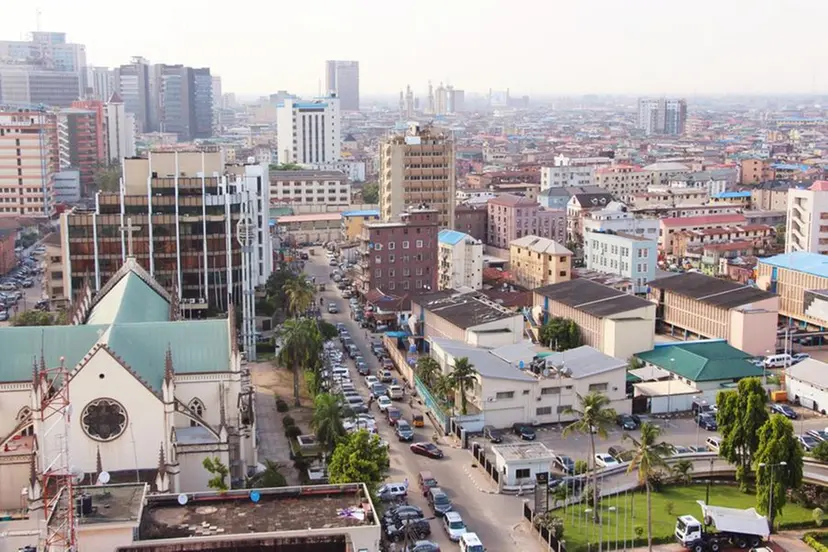Building Costs Keep Rising
Nigeria’s housing crisis continues, and town planner Bisi Adedire says the main issue is rising construction costs.
As President of the Association of Town Planning Consultants of Nigeria (ATOPCON), he believes that until the government takes action, low-income housing will remain out of reach.
“Prices of materials like cement and iron are not regulated,” he explained. “The companies set their own prices. Most operate like monopolies, and the government does nothing to stop it.”
Because developers must pay high prices for materials, they can’t afford to build homes for low-income buyers.
Rent Policy Isn’t the Solution
Lagos State is pushing a policy to collect rent monthly instead of yearly. However, Adedire argues this approach won’t solve the core problem.
“You can’t talk about rent without fixing the housing supply,” he said. “If homes are not available, rent prices will keep going up, no matter how often you collect them.

He added that more focus should go toward reducing land costs and permit fees. Making these more affordable would attract more developers and speed up home construction.
Investors Face Too Many Roadblocks
Recently, the Federal Government shut down over 4,000 homes in Abuja due to unpaid ground rent. Adedire believes this sends the wrong message.
“Developers already pay multiple charges planning fees, infrastructure fees, and land use charges,” he said. “Yet, they receive little or no support in return.”
Instead of punishing investors, he thinks the government should support those helping to fill the housing gap.
Urban Planning Must Be a Priority
Adedire also called on the government to take planning more seriously. He pointed out that Nigeria promised “Housing for All by the Year 2000,” but the country is still far behind in 2025.
“Proper planning starts at the local level and should guide growth in all areas,” he said. “But most leaders only invest where they expect profit.”
This short-term thinking, he warns, leads to poor development and deeper housing shortages.
ATOPCON Continues to Push for Change
Adedire confirmed that ATOPCON is taking action. They regularly hold meetings, publish recommendations, and send proposals to government officials. Recently, Lagos State responded positively to one of their suggestions by launching a 90-day amnesty for building permits.
Still, Adedire said these small steps are not enough. “Until the government makes the housing sector easier to enter and less expensive, low-income housing will remain out of reach for millions of Nigerians,” he concluded.



